NEWS
20 Healthy Food Items That Should Be On Every American’s Grocery List
Published
2 months agoon
A well-stocked grocery list is the foundation of a nutritious and balanced diet. Including healthy, versatile foods in your shopping cart ensures that you’re ready to prepare meals that are delicious and packed with essential nutrients. From fresh produce to whole grains, these items are the building blocks of a healthy lifestyle. Here are 20 food items that should be on every American’s grocery list for a healthier, happier life.
Fresh Leafy Greens
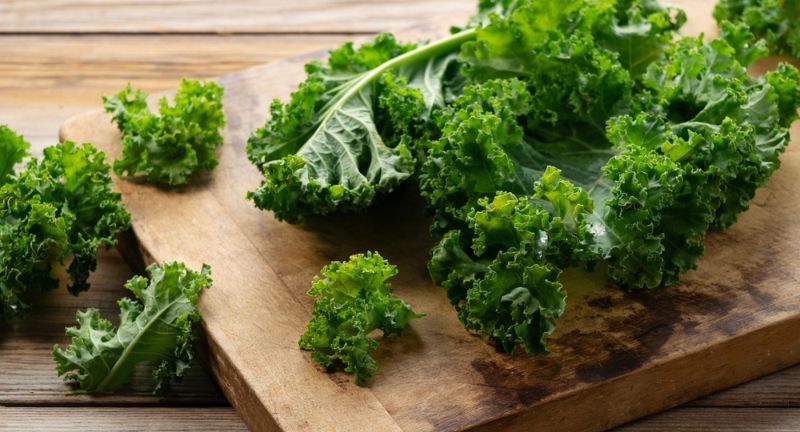
Shutterstock
Leafy greens like spinach, kale, and arugula are nutritional powerhouses rich in vitamins A, C, and K. They are also high in fiber and antioxidants, which support heart health and digestion. These greens can be used in salads, smoothies, or as a side dish. Adding a variety of leafy greens to your cart ensures a healthy boost in every meal.
Whole-Grain Bread
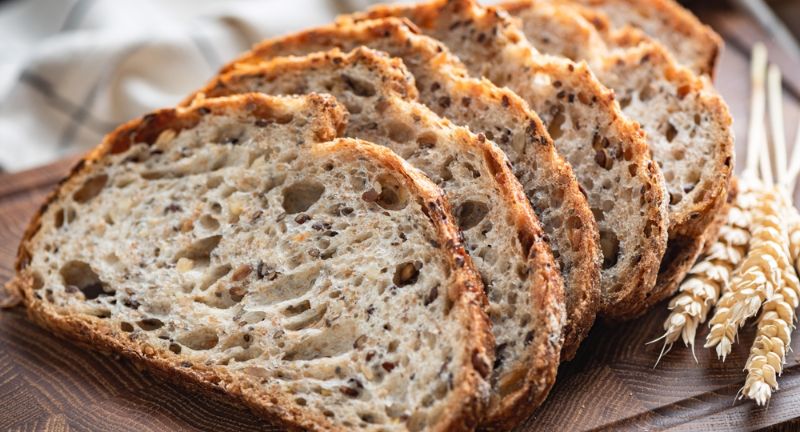
Shutterstock
Whole-grain bread is a healthier alternative to refined white bread, offering more fiber and nutrients. It helps regulate blood sugar levels and keeps you feeling full longer. Look for bread labeled 100% whole grain or whole wheat for the best nutritional benefits. Whole-grain bread is perfect for sandwiches or morning toast.
Eggs

Shutterstock
Eggs are a versatile and affordable source of high-quality protein. They are also rich in essential nutrients like choline, which supports brain health. Whether boiled, scrambled, or poached, eggs make an easy addition to any meal. Opting for pasture-raised or organic eggs ensures higher nutritional value.
Fresh Berries
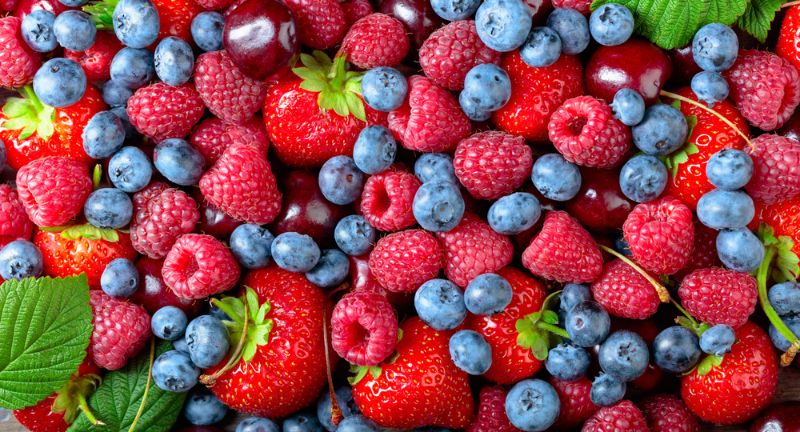
Shutterstock
Berries like blueberries, strawberries, and raspberries are packed with antioxidants and vitamins. They promote heart health, boost brain function, and reduce inflammation. Enjoy them fresh as a snack, in smoothies, or as a topping for yogurt and oatmeal. Keeping a variety of berries on hand adds natural sweetness to your meals.
Avocados
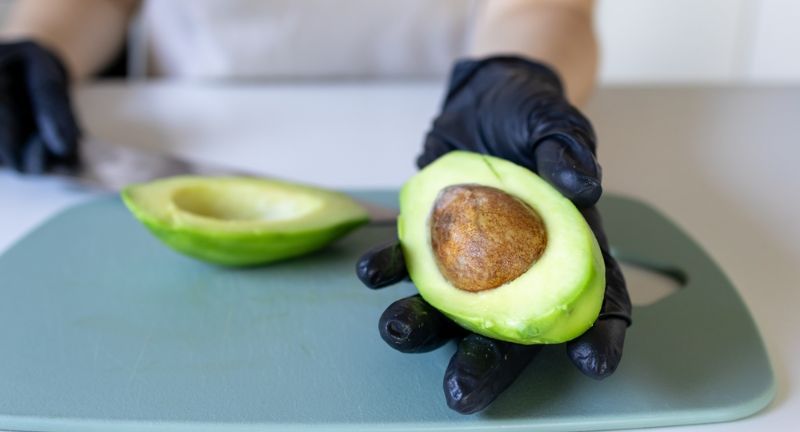
Shutterstock
Avocados are an excellent source of healthy monounsaturated fats, which support heart health and lower bad cholesterol. They are also rich in fiber, potassium, and vitamins C and E. Use avocados in salads, sandwiches, or as a base for guacamole. Adding avocados to your diet can improve overall nutrition.
Quinoa
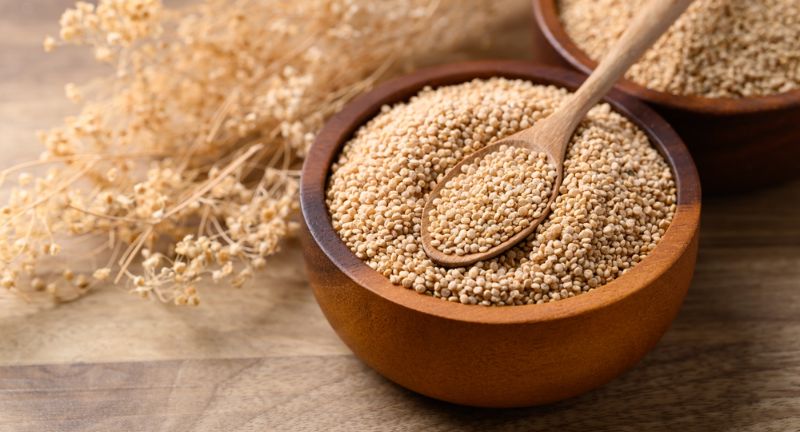
Shutterstock
Quinoa is a protein-packed grain that contains all nine essential amino acids, making it a complete protein. It is also high in fiber, magnesium, and iron. Quinoa is a versatile ingredient that can be used in salads, soups, or as a side dish. Its nutty flavor and health benefits make it a great addition to any grocery list.
Low-Fat Greek Yogurt

Shutterstock
Low-fat Greek yogurt is a great source of protein, calcium, and probiotics. It supports gut health, strengthens bones, and helps maintain muscle mass. Enjoy it plain, with fresh fruit, or as a base for smoothies. Opting for unsweetened versions allows you to control added sugar intake.
Sweet Potatoes
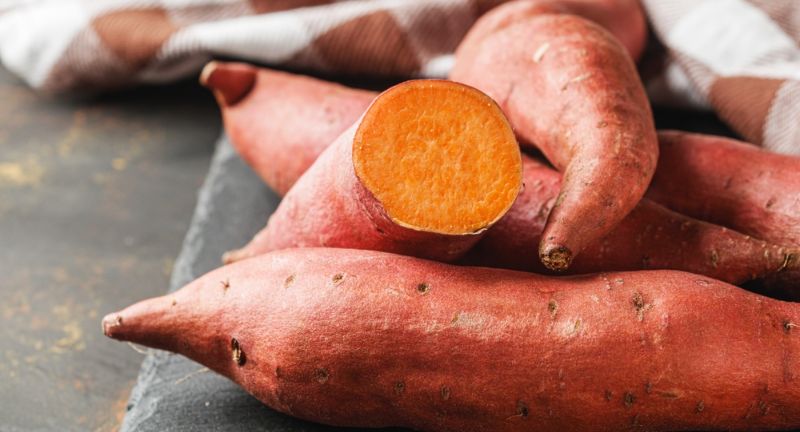
Shutterstock
Sweet potatoes are a nutrient-dense carbohydrate rich in fiber, vitamins A and C, and potassium. Their natural sweetness makes them a versatile ingredient for both savory and sweet dishes. Bake, roast, or mash them for a healthy side dish or snack. Their high fiber content supports digestion and keeps you full longer.
Wild-Caught Salmon
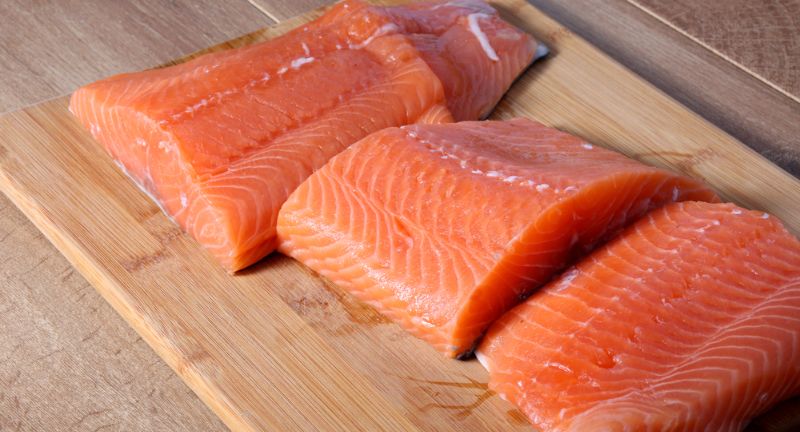
Shutterstock
Wild-caught salmon is an excellent source of omega-3 fatty acids, which promote heart and brain health. It’s also rich in high-quality protein and vitamin D. Grill, bake, or broil salmon for a nutritious and delicious main course. Choosing wild-caught varieties ensures higher nutrient content and fewer contaminants.
Mixed Nuts
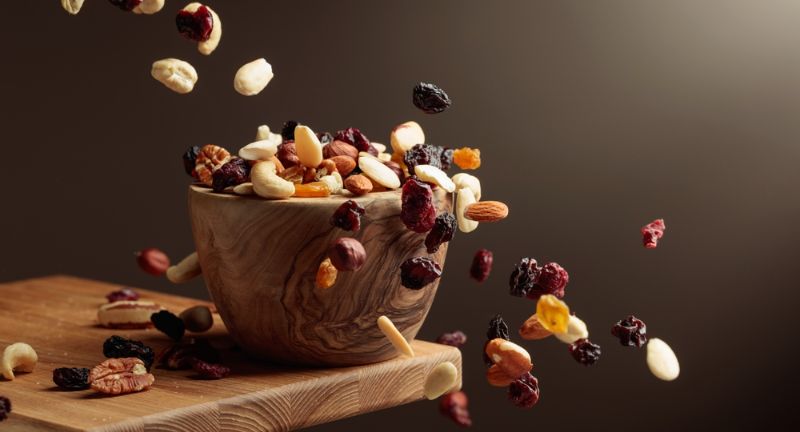
Shutterstock
Mixed nuts, including almonds, walnuts, and cashews, are a convenient and nutrient-packed snack. They provide healthy fats, protein, and essential minerals like magnesium and zinc. Enjoy them as a snack, or add them to salads and oatmeal for extra crunch. Choosing unsalted and raw varieties ensures maximum health benefits.
Olive Oil

Shutterstock
Olive oil is a staple in healthy diets, rich in heart-healthy monounsaturated fats and antioxidants. It’s ideal for cooking, salad dressings, and marinades. Extra virgin olive oil offers the most nutritional benefits due to its minimal processing. Using olive oil instead of butter or margarine can support heart health and reduce inflammation.
Brown Rice
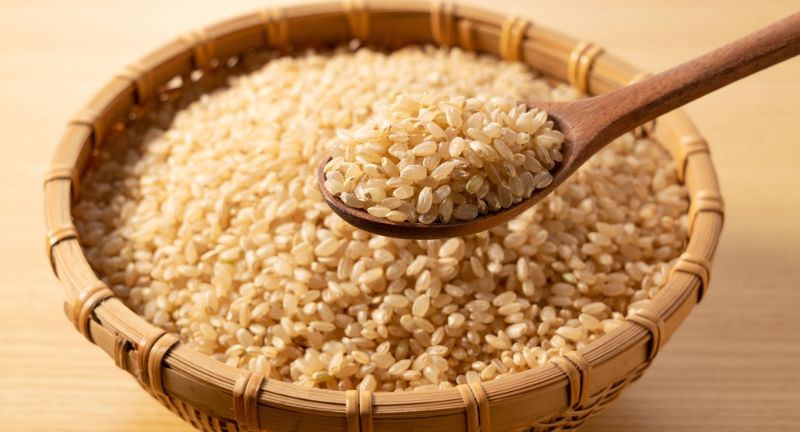
Shutterstock
Brown rice is a whole grain that’s high in fiber, magnesium, and B vitamins. Unlike white rice, it retains its bran and germ, providing more nutrients and a lower glycemic index. Use it as a base for stir-fries, grain bowls, or side dishes. Incorporating brown rice into your diet can help with blood sugar management and digestive health.
Beans and Lentils
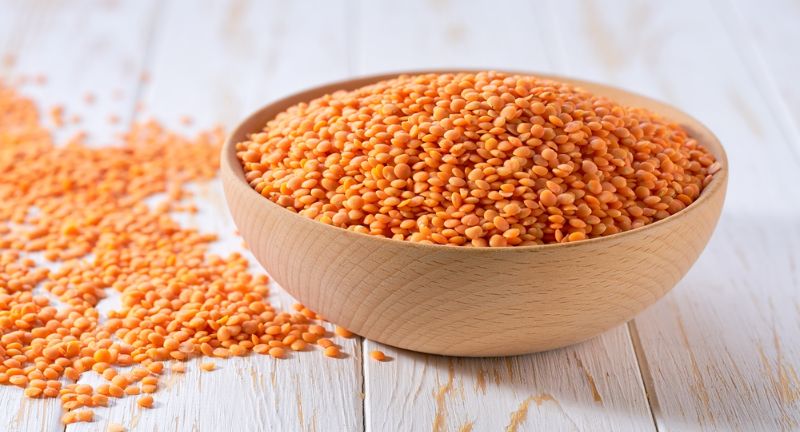
Shutterstock
Beans and lentils are excellent plant-based sources of protein, fiber, and iron. They’re versatile and can be used in soups, stews, salads, or as a side dish. Including legumes in your diet helps reduce cholesterol levels and improves heart health. Canned or dried varieties are affordable and nutritious options for any pantry.
Bananas
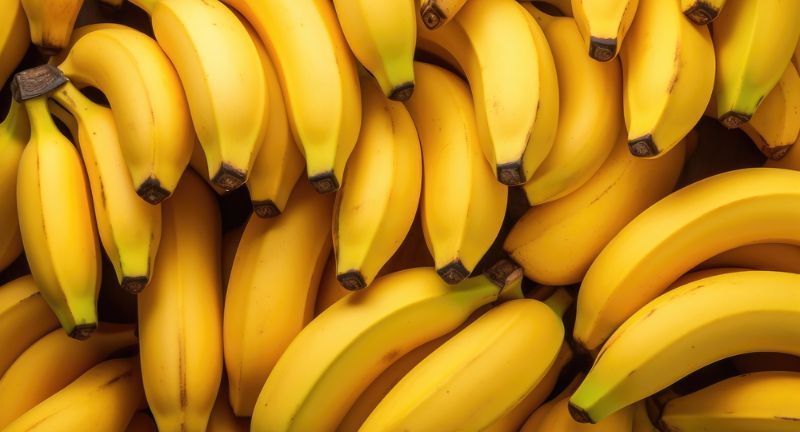
Shutterstock
Bananas are a convenient and nutrient-rich snack, high in potassium, vitamin C, and fiber. They’re great for boosting energy and supporting muscle function. Add them to smoothies, oatmeal, or enjoy them as a natural sweetener in baking. Keeping bananas on your grocery list ensures a quick and healthy snack is always within reach.
Canned Tuna
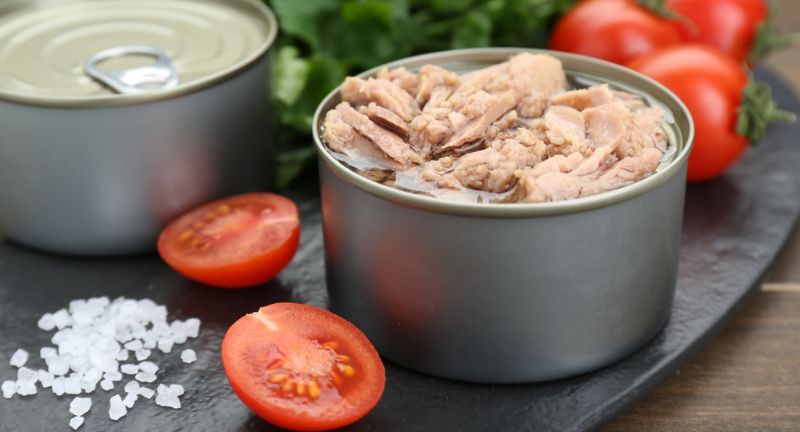
Shutterstock
Canned tuna is a budget-friendly source of lean protein and omega-3 fatty acids. It’s perfect for quick meals like salads, sandwiches, or pasta dishes. Choose tuna packed in water and low in mercury for the healthiest option. Keeping canned tuna on hand ensures you have an easy, protein-packed meal option anytime.
Broccoli
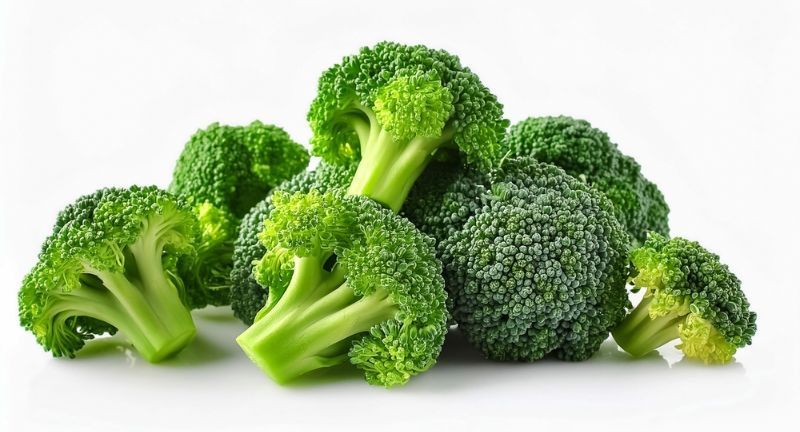
Shutterstock
Broccoli is a cruciferous vegetable packed with vitamins C and K, fiber, and antioxidants. It supports immune health, bone strength, and digestion. Enjoy it steamed, roasted, or raw as a healthy side dish or snack. Adding broccoli to your meals boosts their nutritional value significantly.
Dark Chocolate

Shutterstock
Dark chocolate with 70% or more cacao content is rich in antioxidants and flavonoids that support heart and brain health. Unlike milk chocolate, it contains less sugar and unhealthy fats. Enjoy it as an occasional treat or in moderation for dessert. A small portion can satisfy sweet cravings while providing health benefits.
Hummus
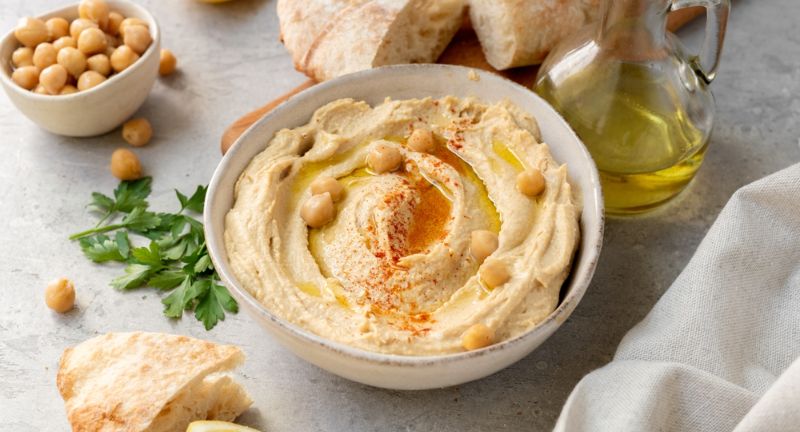
Shutterstock
Hummus is a creamy dip made from chickpeas, olive oil, and tahini, offering a great source of plant-based protein and healthy fats. It’s perfect as a snack with vegetables or as a spread for sandwiches and wraps. Choosing hummus with minimal added preservatives ensures maximum nutrition. Making your own at home can also enhance its health benefits.
Bell Peppers
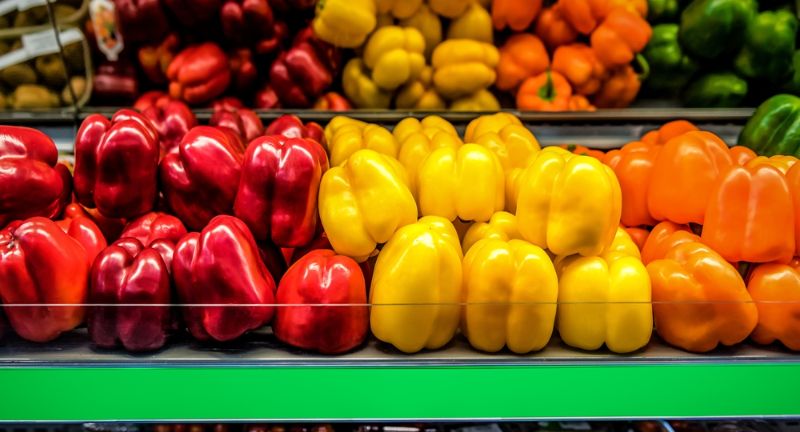
Shutterstock
Bell peppers are low-calorie vegetables rich in vitamins A, C, and antioxidants. They add crunch and color to salads, stir-fries, and snacks. Enjoy them raw with hummus or roasted for a sweet, smoky flavor. Including a variety of bell peppers in your diet supports overall health and adds versatility to your meals.
Garlic
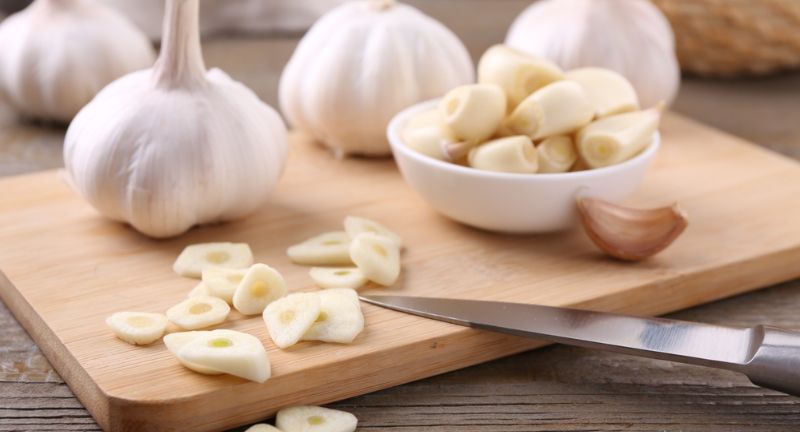
Shutterstock
Garlic is a flavorful herb with powerful anti-inflammatory and immune-boosting properties. It’s a versatile ingredient that enhances the taste of countless dishes while providing health benefits. Using fresh garlic instead of powders ensures maximum nutritional value. Adding garlic to your cooking supports heart health and overall well-being.
Conclusion
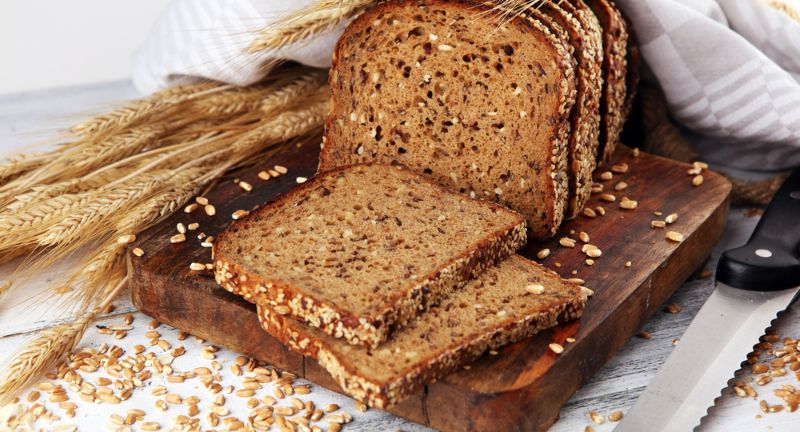
Shutterstock
A healthy grocery list is the foundation of a nutritious lifestyle, and these 20 items ensure you’re well-equipped for balanced meals. From fresh produce to nutrient-dense proteins and grains, these foods provide essential vitamins, minerals, and health benefits. Including these staples in your shopping routine makes it easier to maintain a wholesome and sustainable diet. With thoughtful planning, your grocery list can set the stage for a healthier and more fulfilling life.
More From Local News X
-


Local Residents of Slavyansk Comment on Near Constant Shelling, Show…
-


21 Important Steps To Take In A Tight Economy
-


22 Strategies for Keeping Your New Year’s Promises
-


Arlington, TX church sings for victims of Uvalde shooting, Nuestras…
-


22 Work Habits From Decades Ago That Are Now Extinct
-


21 Ways to Tell Someone Is Much Smarter Than They…
-


Missouri Man Finally Gets His Day In Court 19 Years…
-


22 Things Americans Might Be Doing To Offend Locals While…
-


23 Habits to Build a Strong and Lasting Marriage
-


17 Eye-Opening Outcomes of Cutting Out Alcohol
-


MORE: Fire Erupts Near Griffith Observatory in Los Angeles, CA
-


20 Unwise Purchases That Keep People Poor
